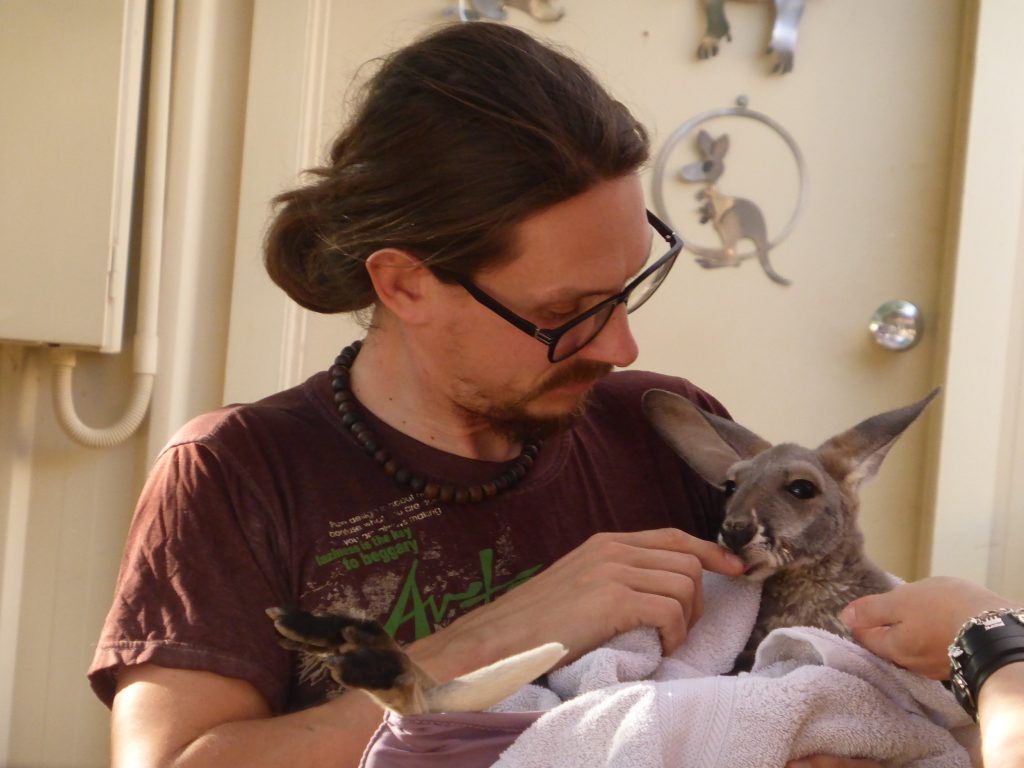Gifting things to disaster relief efforts can sometimes do more harm than good.
Traditionally, economists have never been that keen on the concept of gifts. That’s because presents are inefficient, which is economic-speak for not using the resources of the world in the best way possible. Essentially, your friend has better information about what they want and need than you do, so the odds are that any present you get them is more likely to be chucked out or left unused or just disliked than if you’d given them the equivalent value in cash and let them spend it themselves.
Of course, this is a rather miserly way of looking at the world, and some new-school economists have now started talking about it ignores the value gained when a gift-receiver feels loved and appreciated. But it is a sentiment that has been echoed by some Australian officials after people around the world have responded to the wildfires there with a deluge of gifts.
According to these officials, all the food, medical supplies and crafted goods (including lots of blankets for injured wildlife) Australia has received has actually harmed rescue efforts. They take up resources like staff time and fill up spaces like runways and warehouses, stopping them from being directed towards more useful things. And because these items are often flown to Australia, they contribute to the global warming that many think was responsible for the scale of the wildfires.
A former director for a disaster relief charity told the BBC that unwanted gifts are a common problem after big disasters. “People are suspicious about sending cash,” she says, “[but] the trick is to identify who is actually working in the area and donate to them.” No more kangaroo onesies, in other words.
Read our explainer on: microeconomics.

